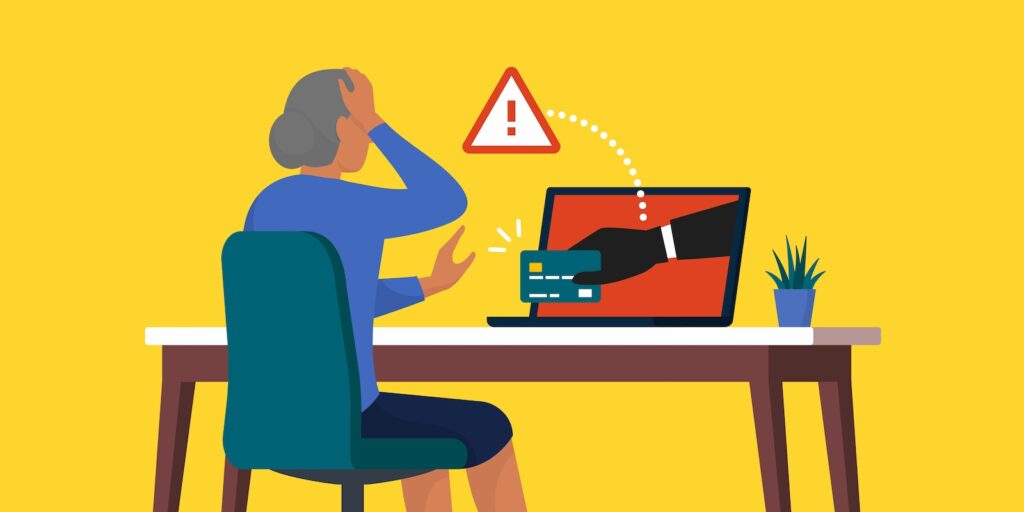Beware of Fake Invoices from Scammers Pretending to Be Real Businesses
In today’s digital world, being cautious and skeptical is not merely wise—it’s necessary. A growing concern for both individuals and businesses is the rise of scams involving fake invoices. Scammers, with cunning sophistication, are now impersonating legitimate businesses to send out bogus invoices loaded with fake bank account details. The goal? To trick unsuspecting customers into parting with their hard-earned money.
Imagine this: you’ve recently availed services or purchased products from a reputable company. A few days later, an invoice arrives in your email, seemingly from the very same business. Everything appears in order, from the logo down to the customer service contact information. Without a second thought, you proceed with the payment, unknowing that you’ve just sent your money straight into a scammer’s pocket. This is the unfortunate reality for some, as scammers have perfected the art of identity theft, using a trustworthy company’s name to commit fraud.
These fraudulent actors are banking on the routine nature of invoice payments, particularly in scenarios where transactions between businesses and their clients are frequent and expected. The scam’s success hinges on its seeming legitimacy, camouflaged under the guise of a routine transaction.
So, how can one protect themselves and their finances from these deceptive practices? The key lies in vigilance and a dose of healthy skepticism. Here are some steps to consider:
1. **Verify the Sender**: Before making a payment, take a moment to verify the invoice’s origin. This can be as simple as reaching out to the company through official contact details to confirm they sent the invoice.
2. **Inspect the Invoice Details**: Pay attention to the details on the invoice. Look for any discrepancies or irregularities, such as a different bank account number or unfamiliar payment methods. If something doesn’t seem right, it probably isn’t.
3. **Secure Your Data**: Ensure that your personal and business information is secure at all times. Scammers often rely on leaked or stolen data to make their fake invoices more convincing.
4. **Educate Yourself and Your Team**: Knowledge is power. Stay informed about the latest scamming trends and ensure your team, if applicable, also knows how to identify and react to suspicious invoices.
5. **Report Suspicious Activities**: If you encounter a fraudulent invoice, report it to the appropriate authorities. This not only helps in potentially catching the scammer but also aids in raising awareness about the scam, thus preventing future victims.
In conclusion, while the digital age brings forth many conveniences, it also opens the door to new forms of deception. Vigilance and a proactive approach in verifying the authenticity of invoices can save you from falling victim to these sophisticated scams. By fostering an environment of cautious skepticism, individuals and businesses can better protect themselves against the financial pitfalls posed by fraudulent actors in the digital marketplace. Remember, in a world where appearances can be deceiving, taking that extra step for verification is

